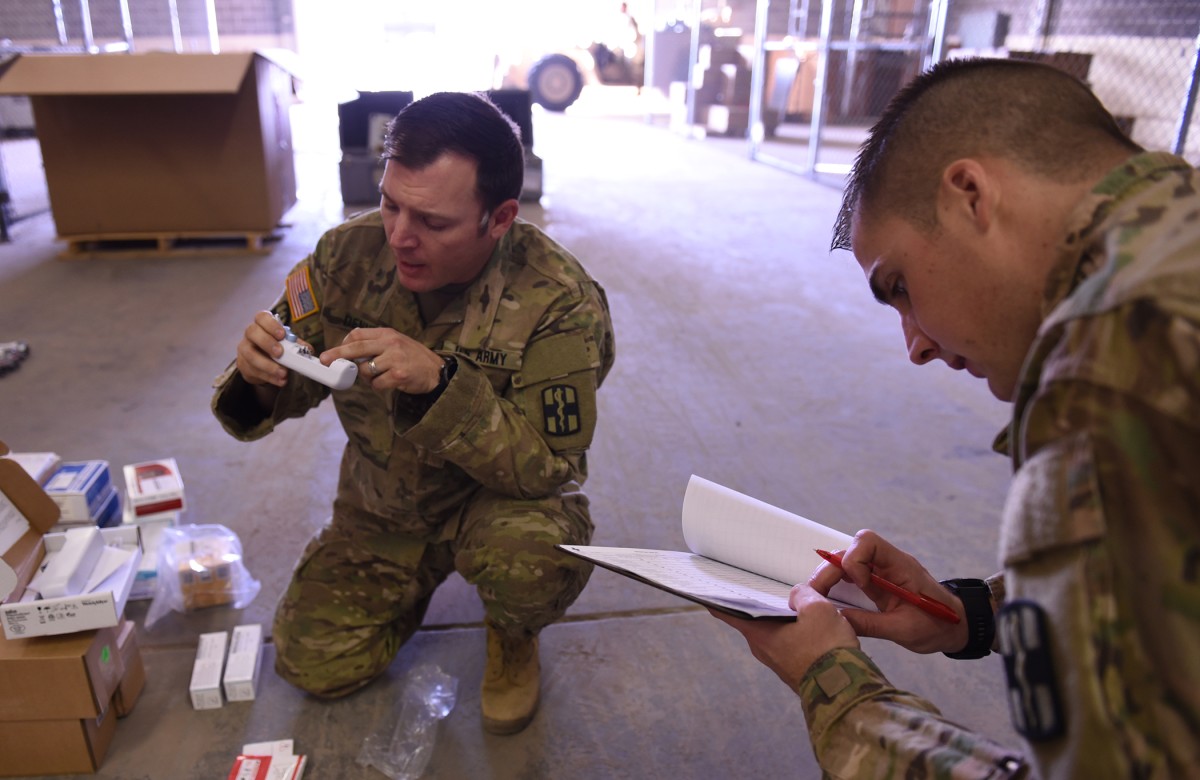I’m a senior year premed student and I'm looking into the HPSP scholarship. I’m currently an EMT and on my local fire department. I really like the prehospital medicine and strongly thought about doing flight medic.
Are there any prehospital / in the field roles for physicians in the military? Would there be any chance of an MD doing medevac?
Thank you!
Are there any prehospital / in the field roles for physicians in the military? Would there be any chance of an MD doing medevac?
Thank you!

